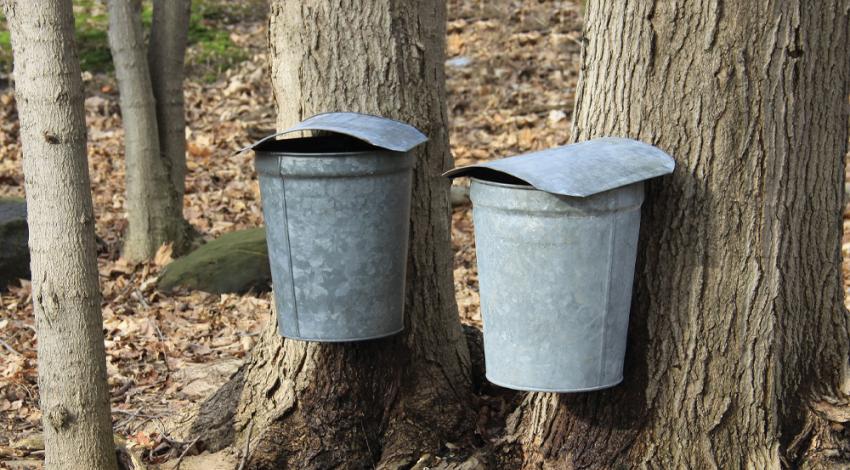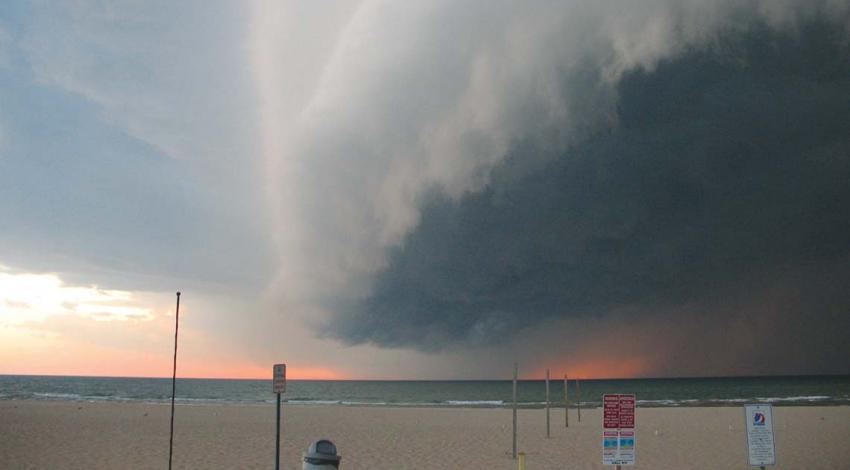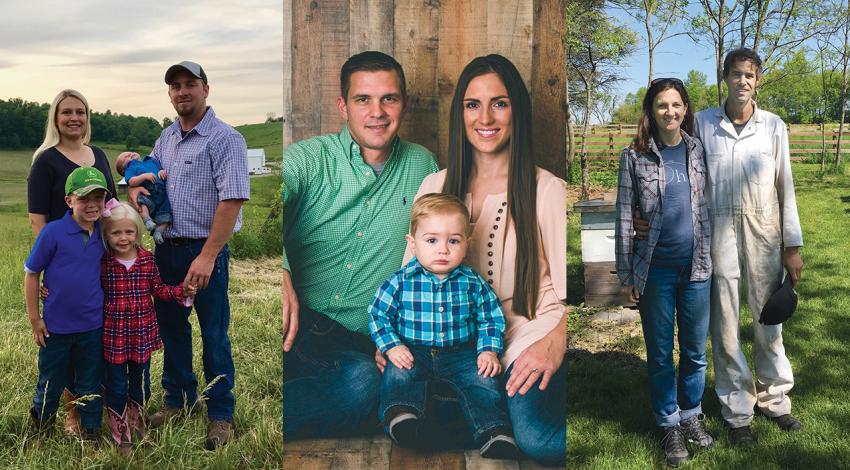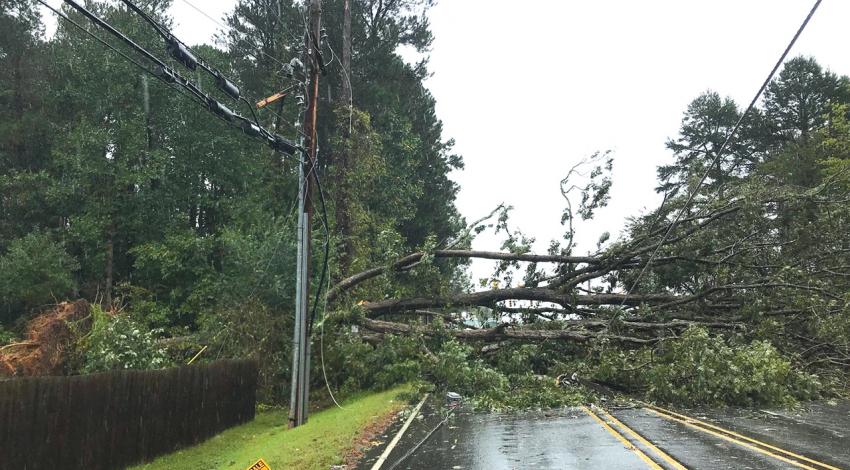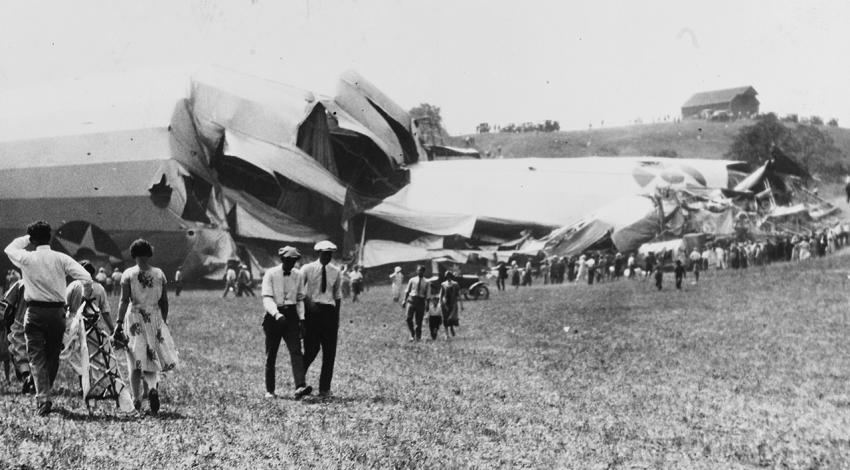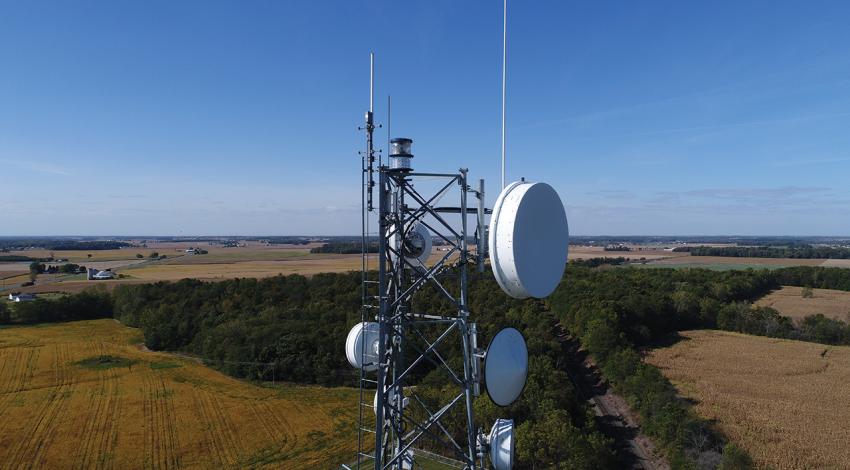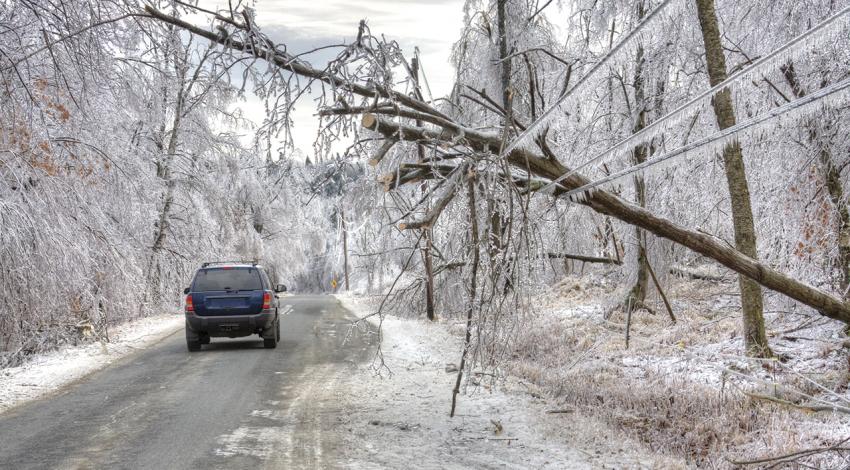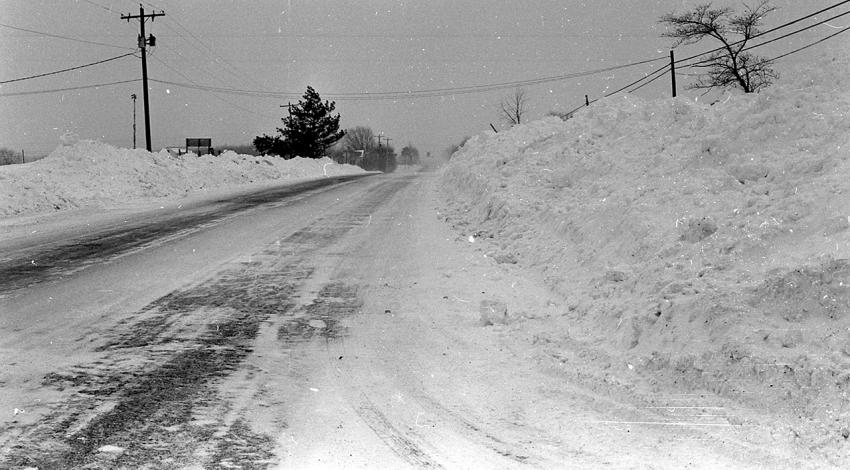Weather
Some members of today’s younger generations — millennials and Gen Zers, if you will — favor a trendier, urban lifestyle, with conveniences like Uber rides and food trucks, bike-sharing, live entertainment, and ethnic eateries. But we found some young adults who prefer working the land, carrying on centuries-old legacies, rearing kids with an appreciation for nature, and growing acres (and acres!) of crops, raising livestock — even tending bees.
Across the state, Ohio’s electric co-ops invest in new and updated equipment to bring electricity to your home or business on a continuous and uninterrupted basis. Cooperatives engage technological advances to track the performance of our electric distribution networks and to solve problems quickly. We train our staff to be available when you need us and to resolve issues safely and reliably. Today, more than ever, our world is powered by our electric system. Yet, in spite of investments in technology, time, and preparation, Mother Nature still puts us in our place from time to time.
The 2018 hurricane season was a busy one in the southern part of the United States and, as always, Ohio electric cooperatives were decisive and quick to respond with aid to their fellow co-ops in need.
Hurricane Michael was particularly destructive as it came to shore in Florida’s western panhandle in mid-October and tore eastward through Georgia and the Carolinas before heading back out to sea.
The notion seems so fanciful: A U.S. Navy ship sinks in Ohio, not in Lake Erie or the Ohio River, but over the Appalachian piedmont of Noble County. It was a rural, bucolic setting — a patchwork of woodlots and farm fields split by fence lines and hedgerows and narrow roads with curves that followed the contours of the hillsides.
And the sky! An ocean blue that seemed meant for sailing — this, after all, is not a maritime tale, but rather, an aviation story.
There is a 140-foot-tall communications tower positioned at Mid-Ohio Energy Cooperative’s substation in Ada that’s vital to the co-op’s mission to provide reliable electric service to its more than 8,000 owner-members.
At the top are two radios that are part of Mid-Ohio Energy’s microwave communications network — one that communicates with another substation, and another that points back to the co-op office in Kenton — and unless both are working, the co-op would have difficulty communicating with critical systems at several substations.
For most Ohioans, the first sign that something unusual was happening on that night 40 years ago was the shriek of a fierce, unrelenting wind.
In the late evening of Jan. 25, 1978, a low-pressure system from Canada met another low-pressure system from Texas. Such storms approach from opposite directions several times each winter, according to the National Weather Service. Usually they miss each other. This time they collided, causing what has come to be widely known as “the storm of the century.”
This time of year finds many of us looking to brighten up the cold and gloomy days of winter. And there’s no better way to jump-start spring than with flowering branches from your garden or yard. With just a little coaxing, you can fill your indoors with a profusion of colorful blooms by forcing spring-flowering branches to bloom weeks ahead of schedule.
